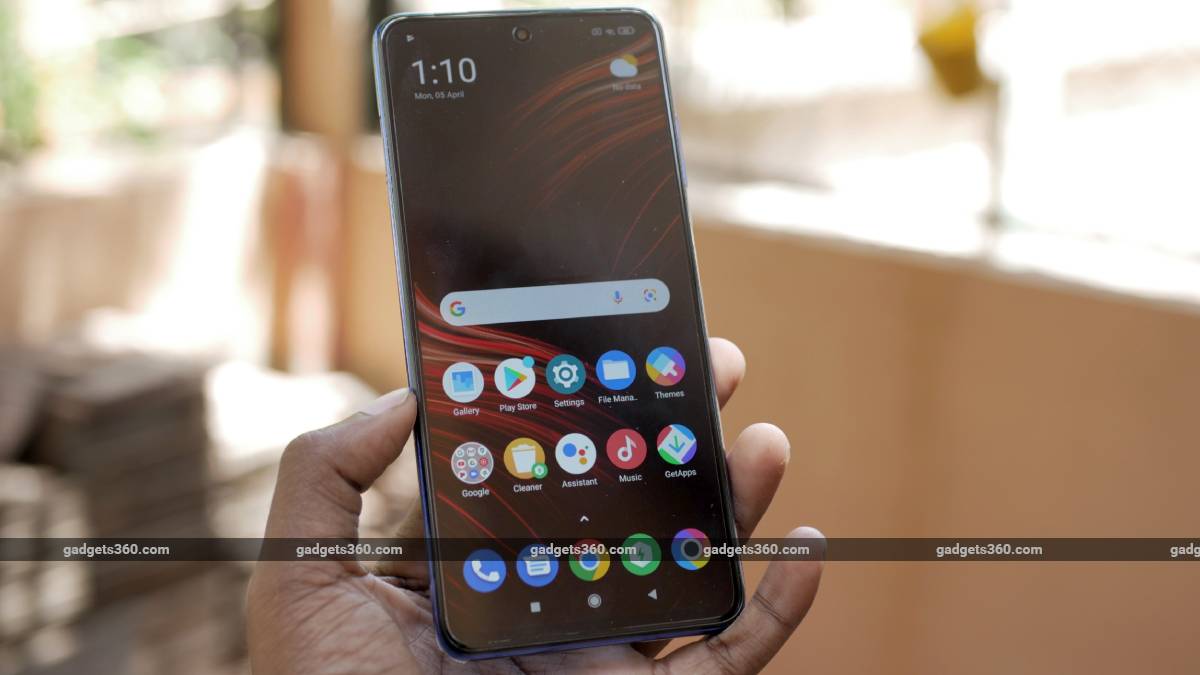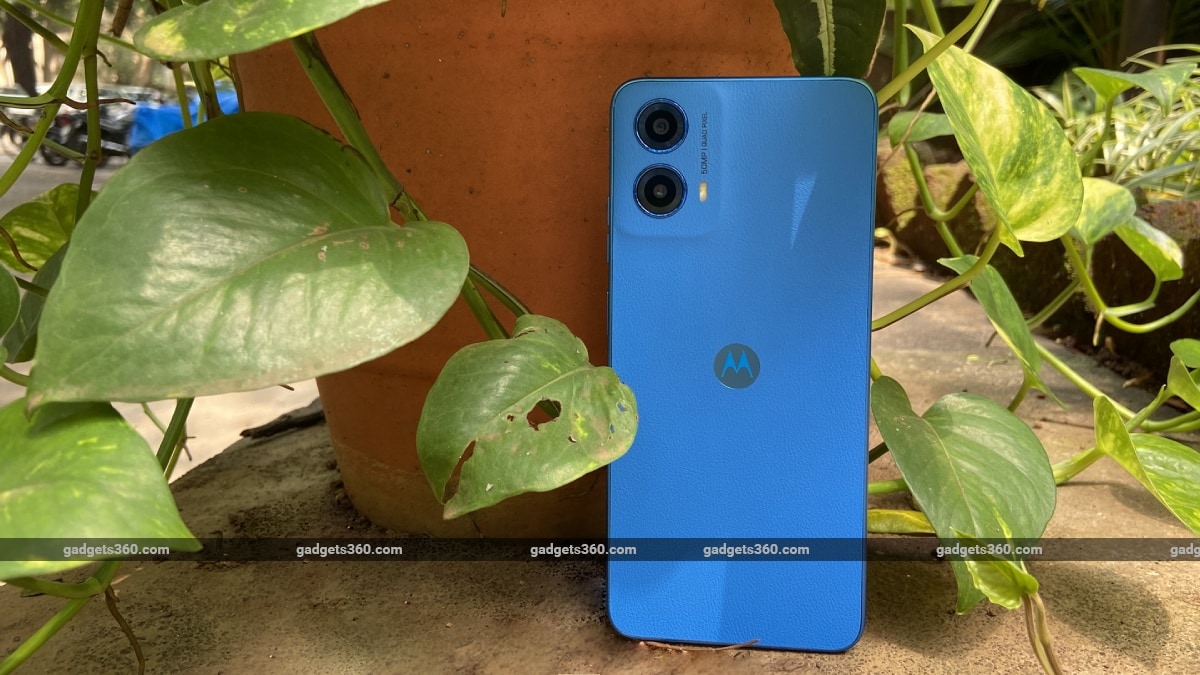Vivo sub-brand iQoo has been launching 5G-enabled smartphones since it entered the smartphone market in India in February 2020. iQoo has launched four smartphones so far, and all of them support 5G even though operators have yet to roll out their networks in India. That makes 5G branding for these smartphones more about future-proofing and less about immediate value. With that in mind, the iQoo Z3 does not bank on 5G as its only highlight, but has plenty more to offer.
Key among its selling points is the new processor it uses. Unlike the Qualcomm Snapdragon 865 processor used for the iQoo 3 (Review), the iQoo Z3 gets the new Snapdragon 768G 5G mobile platform, which is an update to the Snapdragon 765G.
This SoC makes its debut in India with the launch of the iQoo Z3. It is built using a 7nm manufacturing process and features an octa-core setup with one 2.8GHz Kryo 475 Gold core, one 2.4GHz Kryo 475 Gold core and six 1.8GHz Kryo 475 Silver cores. The new processor claims to offer better CPU performance than the Snapdragon 765G.
As for the 5G bits, the phone supports two 5G bands (n77, n78) and does not support dual 5G standby on both SIM cards. It offers a hybrid dual-SIM tray that lets you insert either two Nano-SIMs at once or one Nano-SIM and a microSD card (up to 1 TB).
The iQoo Z3 is available in 6GB and 8GB RAM options. The base variant, priced at Rs. 19,990 in India, has 6GB of RAM and 128GB of storage. There are also two 8GB RAM variants, with either 128GB or 256GB of storage priced at Rs. 20,990 and Rs. 22,990 respectively. The iQoo Z3 also features Extended RAM like on recently launched Vivo X-series smartphones. This feature assigns a part of the internal storage to be used as RAM, which iQoo claims can result in better day-to-day performance. This is something we’ll see for ourselves in the full review. Those going in for the 6GB RAM variant can get up to 1GB of extended RAM, bringing the total to 7GB. The 8GB RAM variants can use 3GB of the storage, which brings the total to 11GB.
The iQoo Z3’s body features a plastic frame and a plastic back panel, and does not feel too heavy at 185 grams. The back panel is curved on the left and right sides and has a matte finish that is not too good at rejecting fingerprints. The Cyber Blue option that we have received for review features a subtle pearlescent finish, which showcases a number of colours when viewed at different angles. There’s also a plain Ace Black option. The phone also features a single speaker at the bottom, compared to most of the smartphones in this segment that offer dual stereo speakers.
![]()
The iQoo Z3 has a 6.58-inch LCD panel with a waterdrop-style display notch
The 6.58-inch LCD screen is protected by Panda glass, offers a FHD+ resolution, and has a water drop-style display notch. The refresh rate of the display can be set to 60Hz, 90Hz, 120Hz, or Smart Switch, which decides the refresh rate based on the app running and your battery level. The panel also has a 180Hz touch sampling rate which should be good for mobile gaming. iQoo says the device is HDR10-certified.
FunTouch OS 11.1 is based on Android 11. The Game Center feature offers some gaming-friendly software tweaks. This includes Eagle Eye Display Enhancement, which iQoo claims can enhance on-screen details in games using local tone-mapping and detail sharpening.
iQoo offers the same 4,400mAh battery capacity and 55W charging rate as on the iQoo 3. The Z3 comes with a 55W charging adapter in the box. While iQoo does not emphasise this smartphone’s gaming capabilities, it has provided a 5-layer liquid-cooling system that should keep the smartphone cool during gaming sessions.
The camera module barely protrudes from the surface of the back panel. It consists of a 64-megapixel primary camera with an f/1.79 aperture, an 8-megapixel 120-degree ultra-wide-angle camera with an f/2.2 aperture, and a 2-megapixel macro camera. The selfie camera features a 16-megapixel sensor with an f/2.0 aperture.
The iQoo Z3 is a toned-down version of the iQoo 3, which was a premium gaming-centric smartphone. A lot of high-end budget smartphones offer 5G support today, but the iQoo Z3 is one of the few smartphones in this segment to also offer a 120Hz refresh rate display and 55W charging. It is also currently the only one to use the Qualcomm Snapdragon 768G processor.
With that said, it will compete with smartphones such as the upcoming OnePlus Nord CE, the Xiaomi Mi 10i (Review), and the Realme X7 5G (Review). We have yet to complete our detailed review of this smartphone, which will give you a better idea about the performance gains that the Snapdragon 768G processor brings. So, stay tuned for our full review, coming soon on Gadgets 360.



